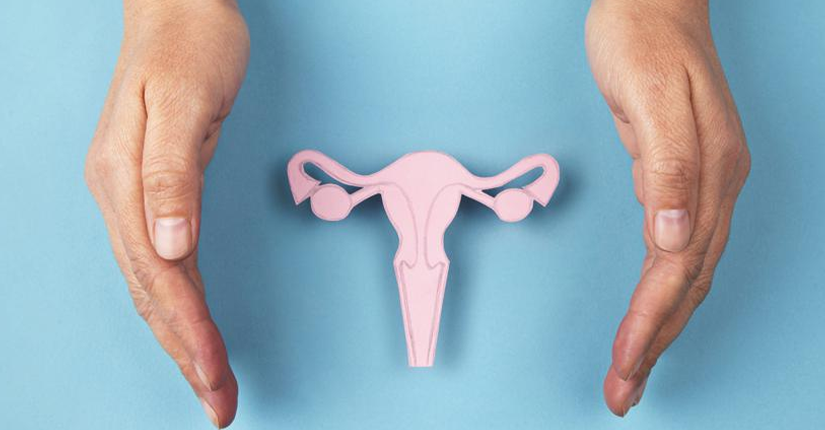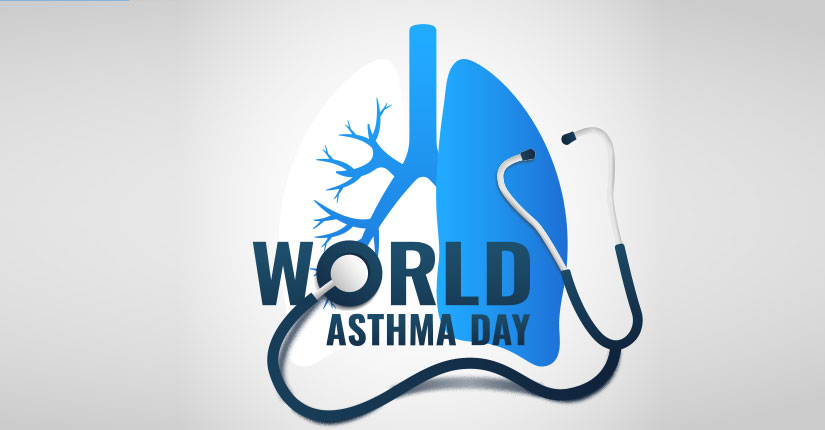Why cervix check ups need to start young
By Nmami Agarwal 11-Feb 2023 Reading Time: 4 Mins

We all hear so much about the cervix and cervical health. To understand that, we first need to understand what exactly is the cervix.
The cervix is the lower, narrow end of the uterus that connects to the vagina. It is a cylindrical-shaped organ that forms the opening between the uterus and vagina. The cervix has two main functions: to keep the uterus closed and to open during childbirth. During a menstrual cycle, the cervix will change in position, firmness, and appearance. It will become softer, move higher and open slightly during ovulation. During pregnancy, the cervix will become firm and closed to protect the fetus.
Cervical cancer screening is recommended to start at age 21. The reason for this is that cervical cancer is primarily caused by certain strains of the human papillomavirus (HPV), which is a common sexually transmitted infection. Most people infected with HPV do not develop cervical cancer, but some people with persistent infections are at higher risk. By starting screening at age 21, we can detect any precancerous changes in the cervix early, before they can develop into cancer. This can help prevent cervical cancer and save lives.
- Early detection: Screening for cervical cancer at the age of 21 helps in detecting the cancer at an early stage, when it is most treatable.
- HPV infection: Cervical cancer is primarily caused by the Human Papillomavirus (HPV) which is very common and most people get infected with it at some point in their lives. Screening at the age of 21 helps detect HPV infection and monitor any changes over time.
- Development of abnormal cells: Screening at 21 helps identify the development of abnormal cells in the cervix, which can be a precursor to cancer.
- Timely intervention: Early detection of cervical cancer through screening at 21 can result in timely intervention and treatment, improving the chances of successful treatment.
- Cost-effective: Screening at an early age is more cost-effective in terms of treatment and reduces the overall healthcare costs for the patient.
- Personal responsibility: Taking responsibility for one’s own health and getting regular cervical cancer screenings is an important step in preventative care. Starting at 21 helps establish this as a habit for life.
The main cause of cervical cancer is infection with certain strains of the human papillomavirus (HPV), a common sexually transmitted infection. HPV is so prevalent that almost all sexually active people will be infected with it at some point in their lives. However, most people infected with HPV do not develop cervical cancer. It is only a small percentage of people with persistent infections are at higher risk of developing cervical cancer.
Start screening yourself for cervical cancer at a young age, it would help save lives.





















